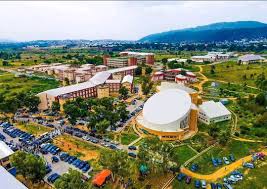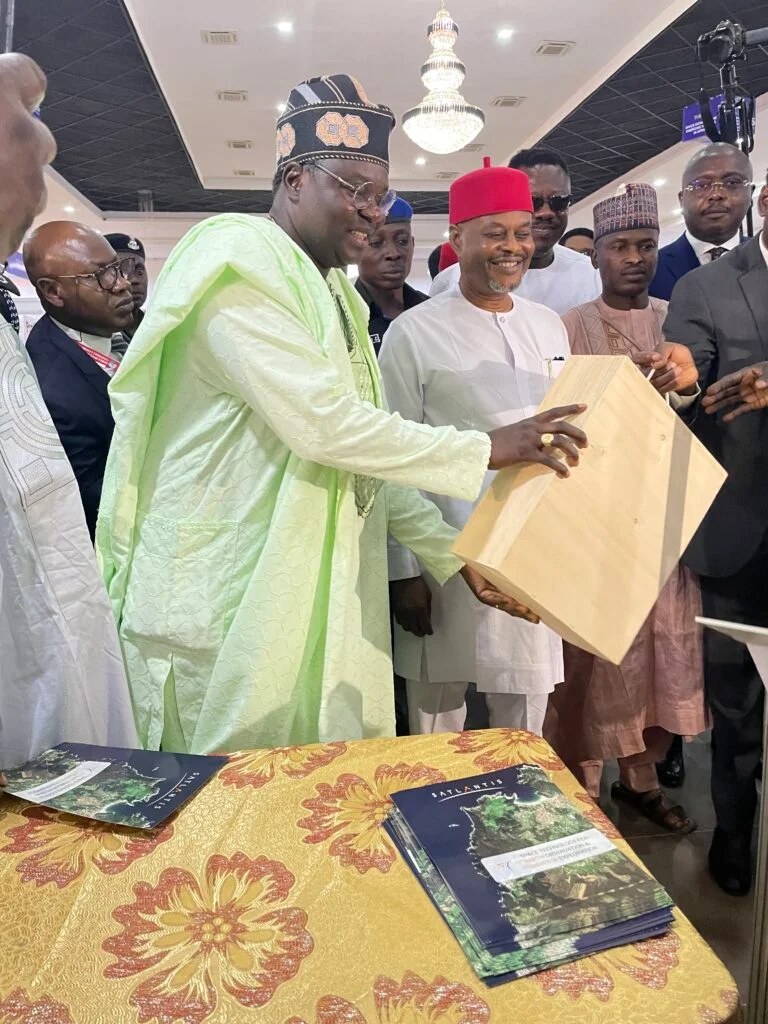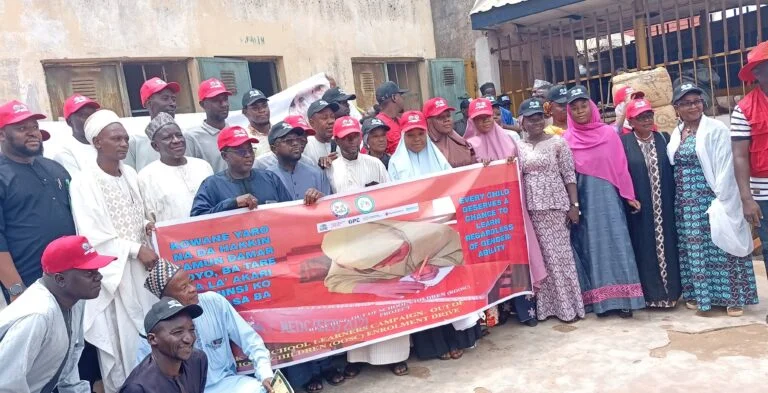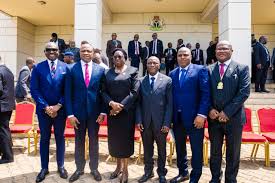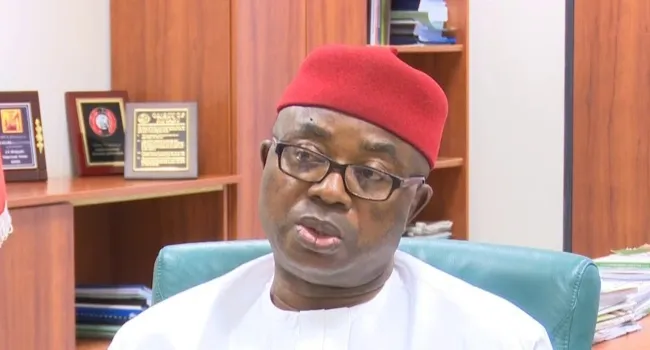By Ijeoma Olorunfemi/Vivian Emoni
The Federal Government has tasked other African countries and the business community within the continent to explore opportunities that abound in the space ecosystem.
Chief Uche Nnaji, Minister of Science, Technology and Innovation, made the call at the opening of a three-day second edition of the African Space Economy Conference and Exhibition (ASEC) in Abuja.
The conference was hosted by the National Space Research and Development Agency (NASRDA) in collaboration with the Abuja Chambers of Commerce and Industry (ACCI).
The theme of the conference is “Space Economy and Emerging Markets in Africa.”
Nnaji said that space economy had evolved from an elite scientific frontier into a catalyst for global progress, driving climate change monitoring, disasters, improving agriculture and strengthening national security.
“These technologies are transforming lives and driving economic growth across the world.
“Africa has a critical role in this transformation and by embracing space technologies, we can enhance weather forecasting, resource management, healthcare delivery, digital connectivity, delivering real benefits to communities across the continent.
“To achieve this, collaboration is essential because no single nation can unlock the full potential of the space economy alone.
“We must strengthen public-private partnerships, international alliances and regional cooperation to share knowledge, develop infrastructure, and build collective capacity,” Nnaji said.
According to the minister, Africa must invest in talent, foster innovation and adopt bold policies.
Chief Emeka Obegolu, President of ACCI, said that the Nigerian space ecosystem had the capacity to contribute about one billion dollars to the Gross Domestic Product (GDP) by late 2020s.
Obegolu stated that the private sector would be seen contributing 700 to 800 million dollars of that contribution.
“By 2035, projections show that the broader business ecosystem in Nigeria could benefit from an annual value of up to 15 to 25 billion dollars, cutting across critical sectors.
“These are not distant dreams, they are within reach if we continue to mobilise strategic public-private partnerships, attract domestic and foreign direct investment and create a business-friendly environment that nurtures innovation,” he said.
The president added that space-based technologies were already improving agricultural productivity, enhancing national security and disaster response, expanding broadband penetration and capacity building.
He added that the ACCI was championing the mobilisation of investments into space-tech enterprises, supporting research and development, innovation and digital infrastructure development.
Dr Matthew Adepoju, Director-General of NASRDA, said that the space economy was about the commercialisation of space, transforming research findings and innovations into market ready products and services.
Adepoju said it included development of satellites, launch vehicles, Earth observation tools and space-based applications that drove different sectors of the economy.
“There is growing investment in satellite technologies, new space research centres and stronger collaboration between government institutions and emerging private actors.
“Regional organisations such as the African Union and national agencies are showing increased commitment to space-based solutions that drive socio-economic growth and resilience,” he said.
He added that NASRDA was engaging new business models to support sustainable space sector growth like their Ground Station-As-A-Service (GSaaS), that allowed satellite operators to access their ground station infrastructure without massive capital investments.
“By offering satellite communication and data downlink services on-demand, GSaaS lowers the barriers to entry for industries ranging from telecommunications to Earth Observations, environmental monitoring, and scientific research.
“This initiative not only strengthens Nigeria’s leadership in space but also contributes to the commercialisation of space, opening up new revenue streams while expanding access to satellite technologies across the continent.
Dr Kyari Mohammed, representative of Dr Ahmed Hamdy, Executive Director of African Union Scientific Technical Research Commission (AUSTRC), said that Africa needed to collaborate for strategic autonomy and sovereignty, climate resilience and disaster management.
He said that Africa should collaborate for digital infrastructure connectivity and youth engagement in Science, Technology, Engineering and Mathematics (STEM).
Mohammed called for integration of space into national development plans, create local ecosystems for innovation, support youths and women in space science and strengthen collaboration across the continent.
Some private sector organisations also called for strong collaboration to build a resilient space ecosystem in Africa. (NAN)(www.nannews.ng)
Edited by Joseph Edeh





